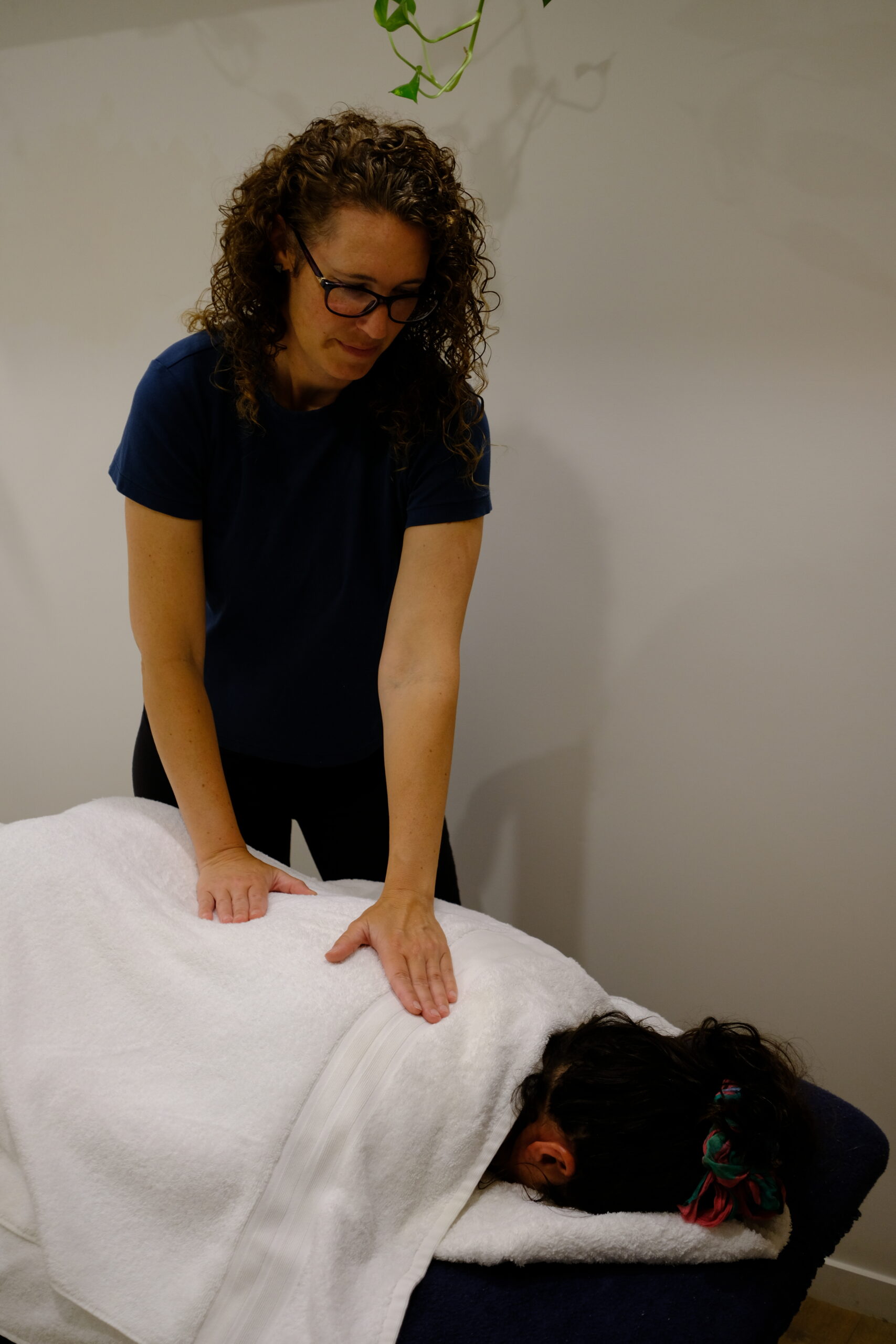As someone who has practiced mindfulness for 20 years, it was only when I fell pregnant with my first child that I started to consider the role that mindfulness could play in labour. This was an exciting realisation, so exciting that I decided to start a business providing mindfulness-based antenatal classes!
Let’s first review what mindfulness actually is. Mindfulness is the awareness that comes from paying attention to the present moment, with an attitude of openness, acceptance and curiosity. It is the antithesis of being on autopilot, when we are distracted by thoughts and emotions.
So how can mindfulness help us in labour?
- Mindfulness changes our mindset in labour
Much of our mindset about labour is socially constructed – we hear horror story after horror story, many such stories revolving around how painful labour is. This does little more than create fear and anxiety and a mindset that we may not be able to cope. Research in 2014 by Whitburn and colleagues found that the way a woman thinks about labour pain impacts her experience of the physical sensations of labour. In particular, thoughts such as “I can’t cope” and “This feels wrong to me” are associated with a negative experience of labour pain, whereas thoughts such as “It’s a positive pain” and “I wasn’t trying to ignore the pain” were associated with a positive experience of labour pain.
Mindfulness helps us observe the language we are using and the impact this has on our expectations of labour. By noticing, but not getting caught up in, unhelpful thoughts and stories we have the power to choose our mindset. The realisation of choice can be incredibly empowering as one prepares for childbirth.
- Mindfulness encourages labour contractions
In labour, what we think and feel has a direct influence on the workings of the uterus. Feelings of fear and anxiety trigger our fight/flight response, which results in a surge of adrenaline and a mobilisation of energy to face the perceived ‘threat’. While a surge of adrenaline is welcomed in the second stage of labour, when we are ready to push our baby out, during the first stage of labour it has the effect of reducing oxygenated blood to the uterus, preventing the removal of waste products from the uterus, and weakening labour contractions. Feelings of trust and relaxation, on the other hand, trigger a different bodily response, one that is associated with the release of oxytocin. Oxytocin, otherwise known as the ‘love drug’, is responsible for stimulating labour contractions and is a natural form of pain relief.
Mindfulness teaches us how to ground ourselves by paying attention to the breath. By mindfully following the breath in and out, and deepening our breath on the exhalation, we encourage the release of oxytocin and thus feelings of trust and relaxation. This tells our body there is no real threat and thus encourages labour contractions.
- Mindfulness helps us conserve energy
Labour can be, and often is, exhausting! When in labour the woman’s body is undergoing some of the most rapid and significant changes it will ever face. And labours of 12+ hours are not uncommon, particularly for first pregnancies. Therefore it is essential to conserve energy whenever possible. This means resting when you can and staying hydrated, maybe even eating some food. This also means appropriately managing feelings such as fear and anxiety, and thoughts that centre on a preoccupation with the past or future, both of which can be extremely tiring for the labouring woman.
Mindfulness helps us conserve energy in labour because it encourages us to be in the present moment. This means noticing when we are distracted by the past or future and bringing our attention back to our breath as a way of anchoring ourselves in the present. When we are present we are more able to use our breath to achieve a state of rest, particularly in between contractions when we are experiencing no physical sensations.
- Mindfulness increases our pain threshold
Mindfulness is an evidence-based treatment for chronic pain and people who meditate report a higher pain threshold compared to people who don’t meditate. The role of mindfulness in helping us cope with pain owes largely to the fact that our thoughts about pain impact our experience of pain. When we are hurt or in pain, we often focus on the intensity of the experience and think thoughts such as, “This hurts SO much!” This not only keeps us focused on the pain, but can actually intensify the experience. In his influential book, Childbirth Without Fear, Grantly Dick-Read states that it is fear that is responsible for labour pain – fear leads to a contraction of the circular fibres of the uterus, preventing the vertical fibres (which responsible for pushing the baby down towards the cervix) from contracting, which creates undue tension and pain.
Mindfulness helps us recognise labour pain as a functional pain – one that signals that our body is doing the work it needs to do to birth our baby. By moving into the physical sensations of labour, seeing them for what they are rather than what our mind tells us, and being accepting and welcoming of them rather than fighting them, we develop more confidence to cope and our pain threshold increases.
- Mindfulness supports self-compassion
In preparing for childbirth it is important to consider the kind of birth you want – some women prefer a natural physiological birth while others plan to use pain relief. However it is important to view your preferences with a degree of flexibility because childbirth often doesn’t go to plan. Unmet expectations can trigger a range of feelings, including sadness, disappointment and failure. These feelings can be extremely challenging, colouring a woman’s entry into motherhood. It is essential to acknowledge the potential impact of such feelings and experiences, and to seek appropriate support as well as treat oneself with kindness and care.
Mindfulness supports self-compassion because it enhances self-awareness. In particular, mindfulness helps us observe our thoughts and feelings, noticing times when we are ignoring our thoughts or feelings and denying ourselves the opportunity to experience them. It helps us see when we are being unnecessarily hard on ourselves, encouraging an attitude of non-judgment, acceptance and kindness.




